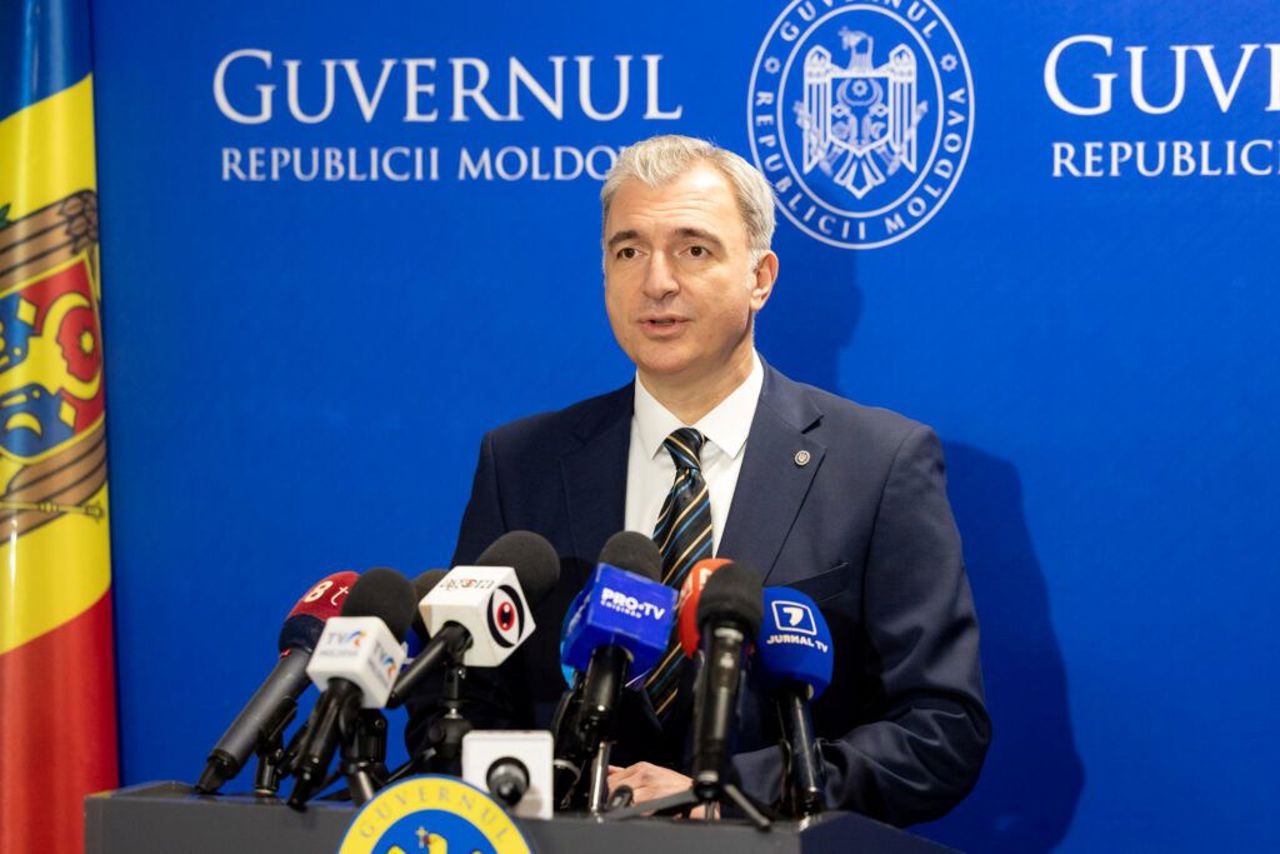Honey from the Republic of Moldova meets standards: about 80% reaches European markets

After the European Union imposed stricter rules on honey imports, Chisinau government amended the legislation so that beekeeping products meet the standards for labelling and processing of the product. Annually, our country produces approximately five thousand tons of honey, and 80% of this is exported, mostly to the EU.
According to Vitalie Popa, the president of the Association of Beekeeping Exporters, honey purchased from supermarkets in the European Union used to consist of various mixtures, and sometimes these products contained syrups rather than pure honey. However, new EU legislation now mandates clear traceability, requiring labels to specify the origin and the number of different types of honey contained in each jar.
Popa emphasizes that these recent changes in European regulations, which have also been adopted by local authorities, will help restore the honey export market. He believes that beekeeping companies found to have irregularities will be removed from this market.
"We are working to promote products like Moldovan honey as part of our national brand," Popa stated. "Our association, along with producers, will participate in international fairs to showcase our honey. This year, we will have a country stand at the World Beekeeping Exhibition in Copenhagen this September, and we’ll also attend an agri-food exhibition in Germany in October."
The new regulations approved by the government require that honey labels display the country or countries of origin. Additionally, an important change is the removal of the term "filtered honey" from the legislation. This means that pollen and other natural constituents can no longer be removed from honey, ensuring that the final product remains authentic and preserves its beneficial properties.
Currently, ten honey producers from the Republic of Moldova are authorized to export to the EU market.





